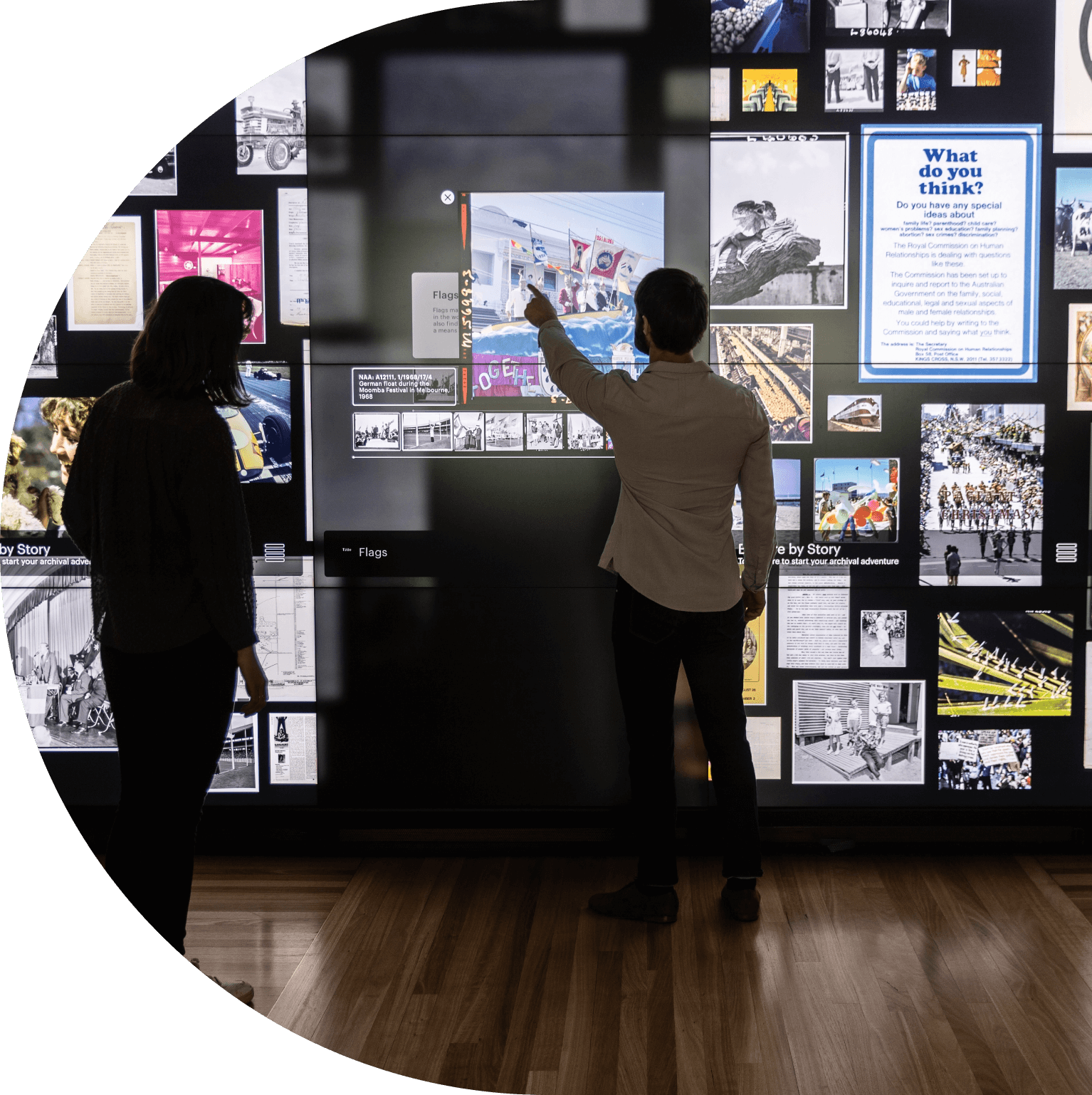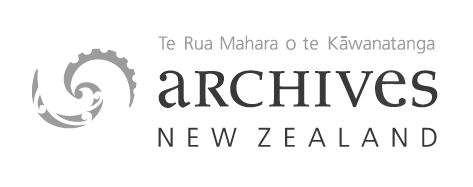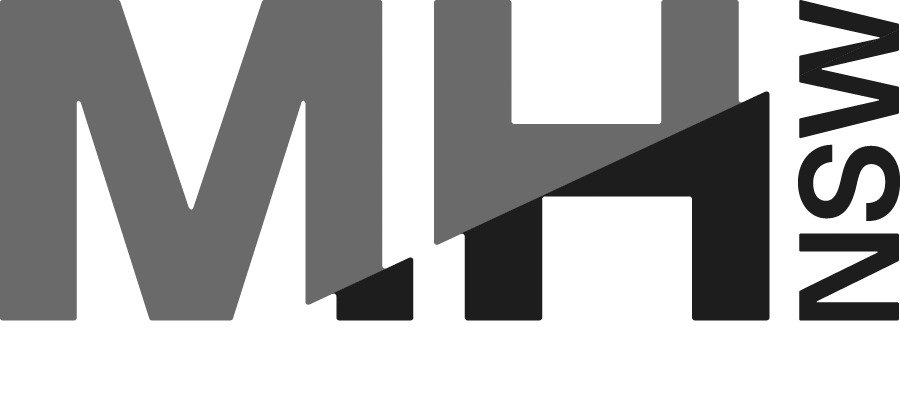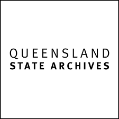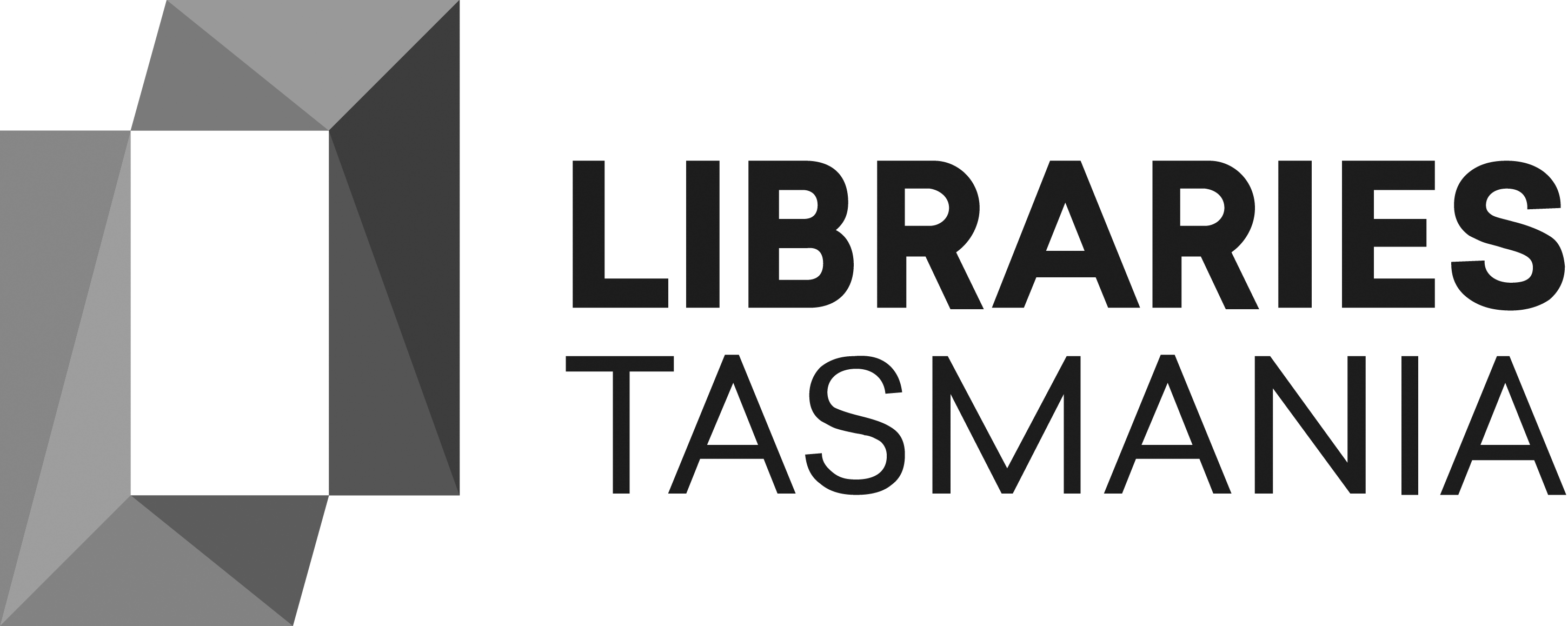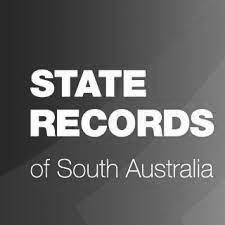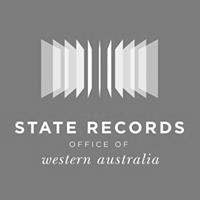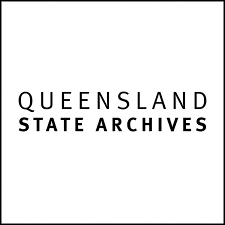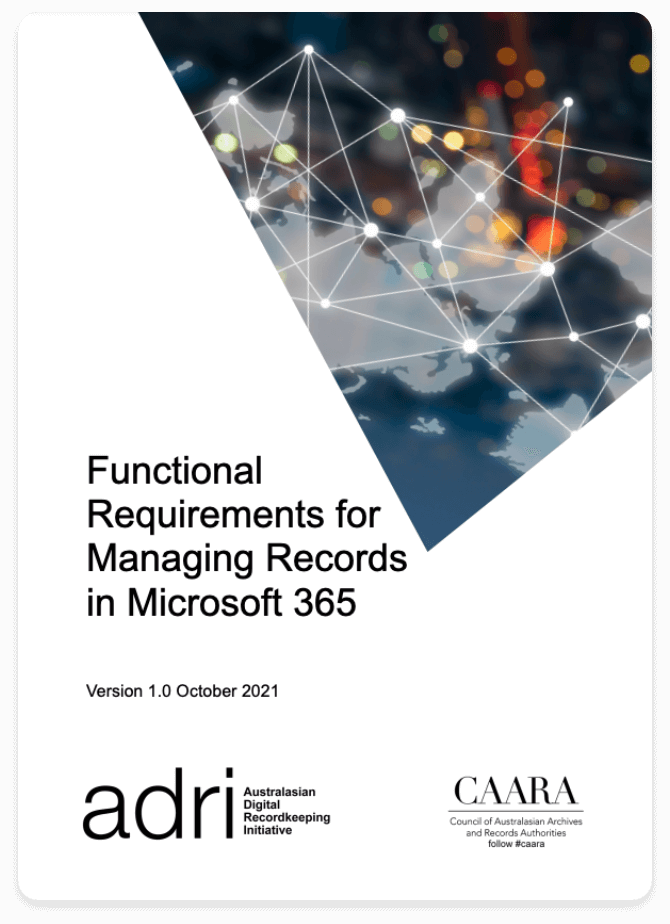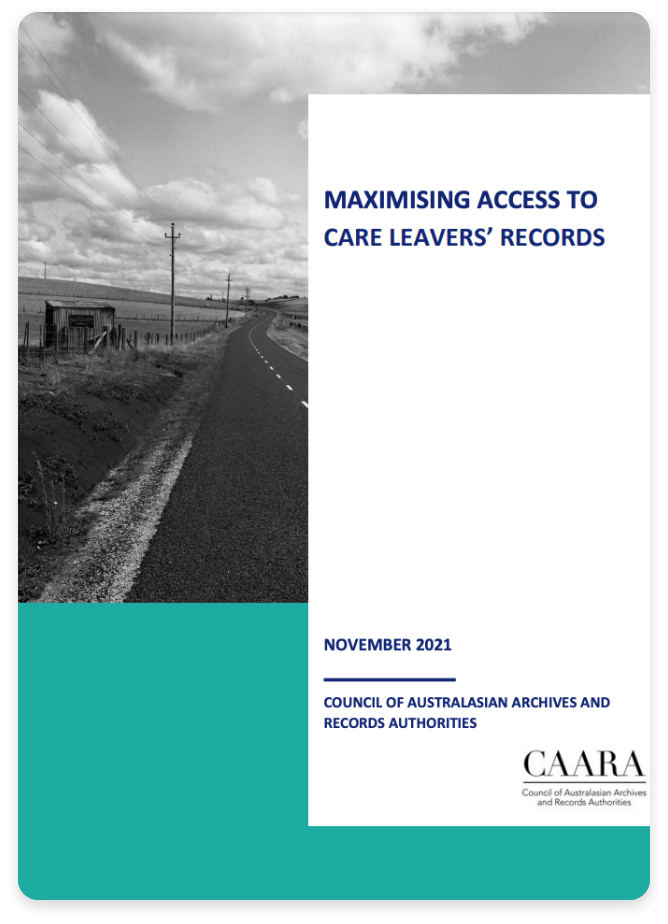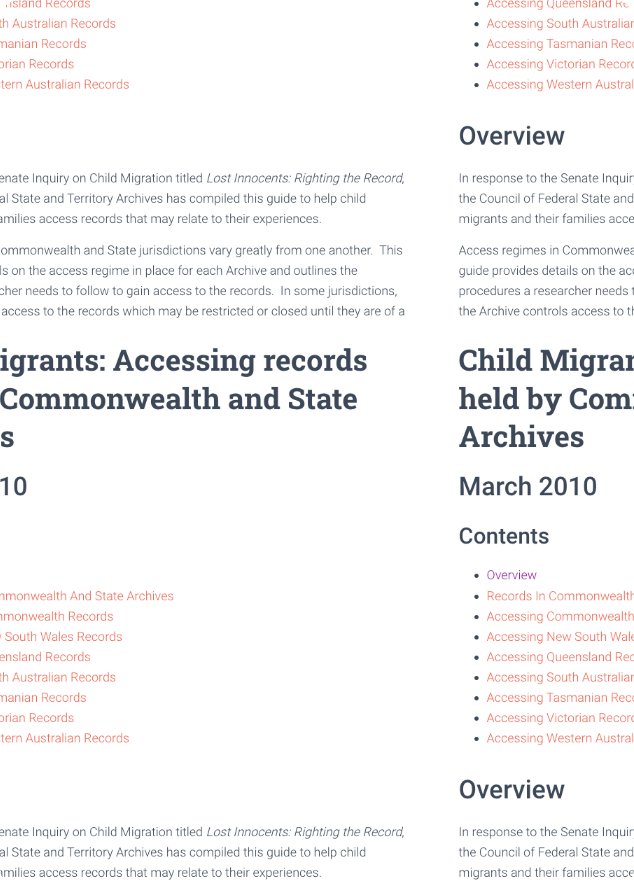 CAARA MEMBERS
CAARA MEMBERS
The Council of Australasian Archives and Records Authorities has member representation from government archives authorities of the Commonwealth of Australia, New Zealand and each of the Australian States and Territories.
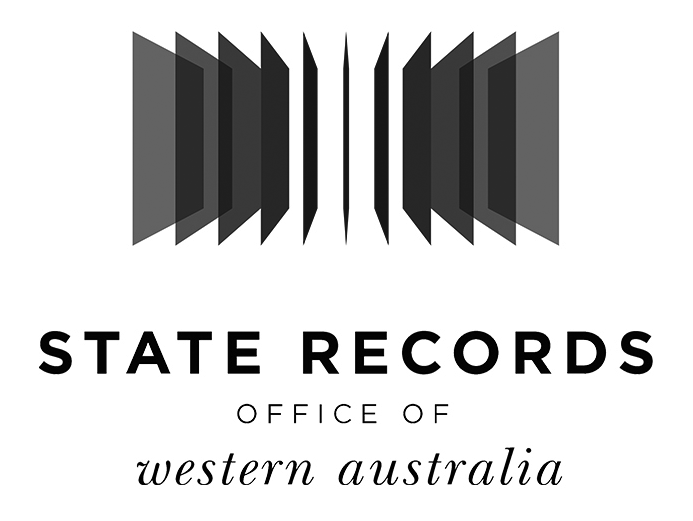


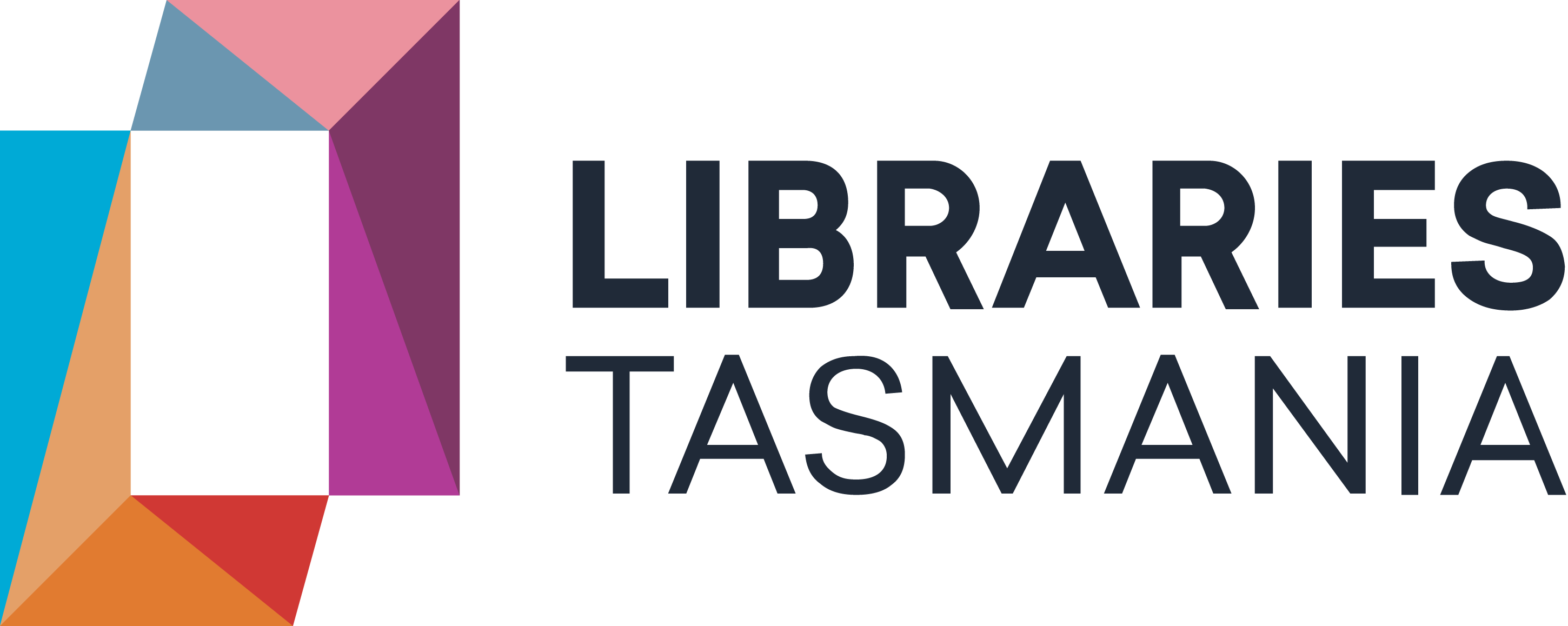


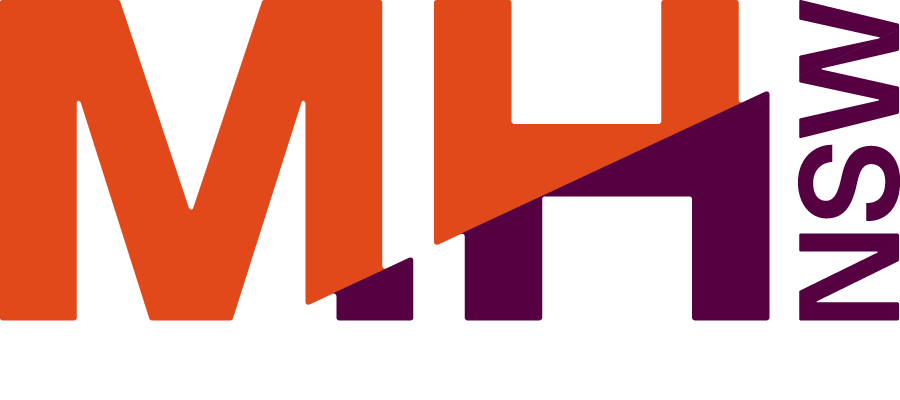
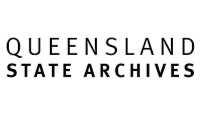
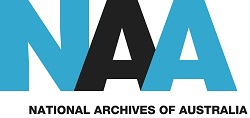

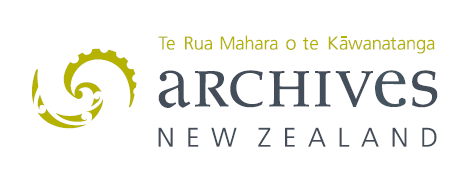
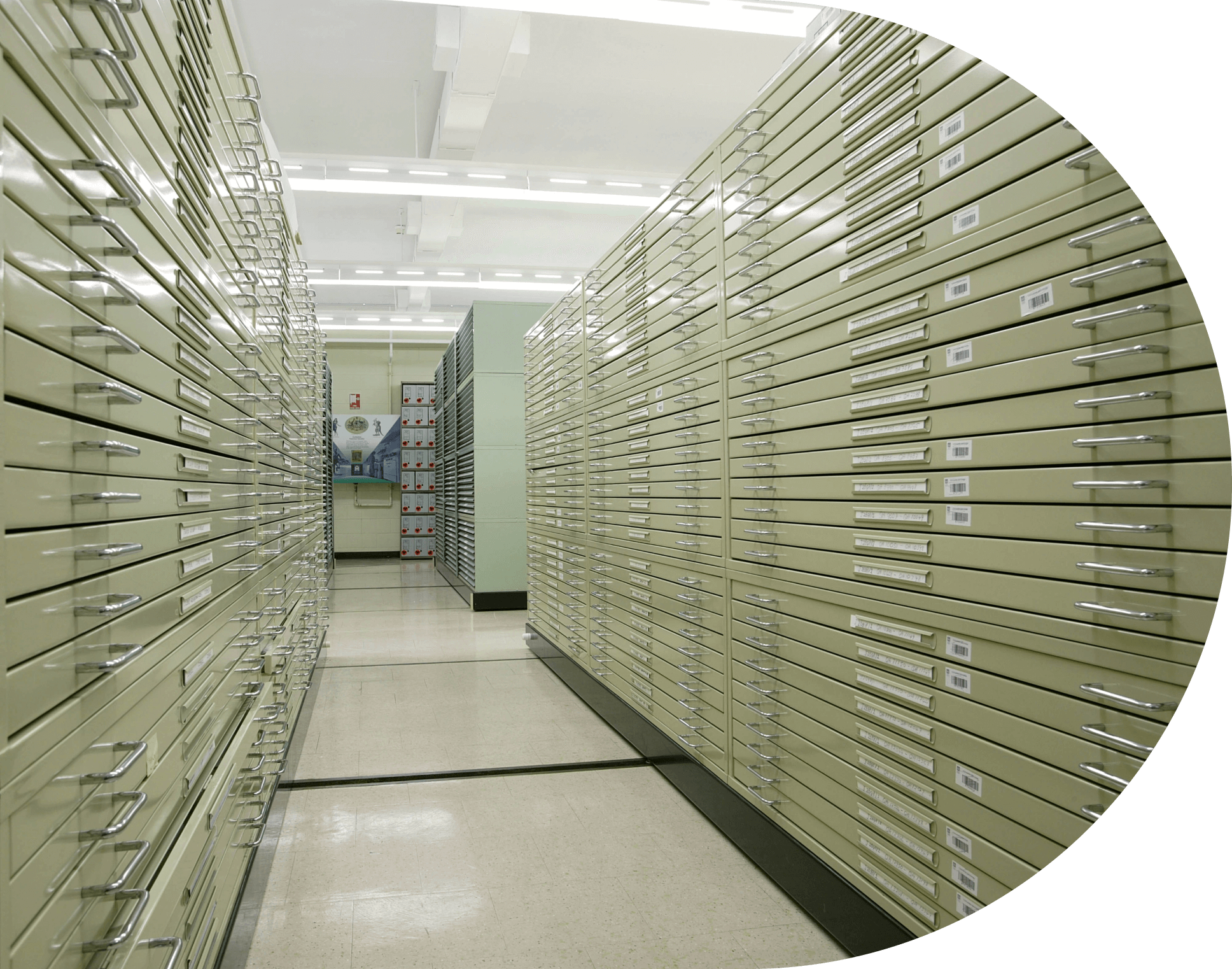
 WHO WE ARE
WHO WE ARE
We believe...
Government transparency and accountability are profoundly aligned with effective recordkeeping and archival management. Activities and functions that are funded and controlled by government should be documented, and those records should be available in the future to ensure government accountability and meet citizen needs.
CAARA strives to ensure the memory of government across Australia and New Zealand is preserved, secured and accessible.


 WHAT WE DO
WHAT WE DO
We …
Share Experience and Knowledge to unlock the long-term value of government records and archives for the people of Australia and New Zealand; Collaborate and Build Expertise to secure, preserve and make records available to communities today and in the future. Create Common Understanding of emerging issues and opportunities for records and information management, so we can respond more effectively together.

 CONTACT US
CONTACT US
Sally Upham
Executive Officer – Presiding Executive: Queensland State Archives
CAARA@archives.qld.gov.au
 NEWS
NEWS

CAARA Members recommit to the aims of the Tandanya-Adelaide Declaration
The Tandanya Declaration calls for the recognition of Indigenous ownership over cultural heritage and knowledge. It is a targeted call to action for archival institutions to make change – to take the steps needed to acknowledge and respect Indigenous rights and ways of knowing, being and understanding – to build and embed culturally appropriate services, […]
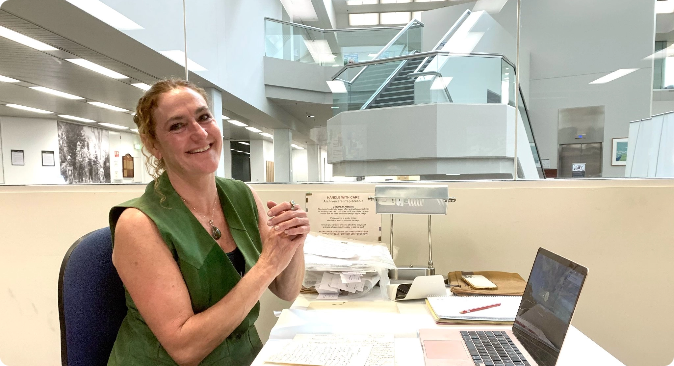
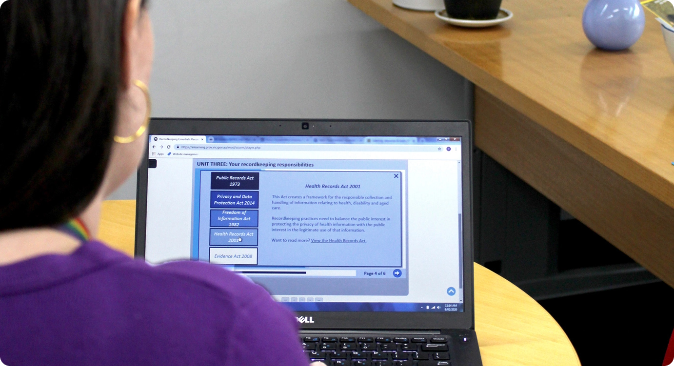

 PUBLICATIONS
PUBLICATIONS
View our latest publications
Public sector agencies are increasingly using Microsoft 365 to create and manage their records. This document provides high level principles and requirements for effective records management within Microsoft 365.


We acknowledge the traditional custodians of Country and their continuing connection to land, sea and community.
We pay our respects to the people, the cultures and the elders past, present and emerging.
We are committed to opening up public archives to Indigenous interpretation and embracing Indigenous worldviews and methods of creating, sharing and preserving valued knowledge.
We support the creation of ethical spaces of encounter, respect, negotiation and collaboration.
